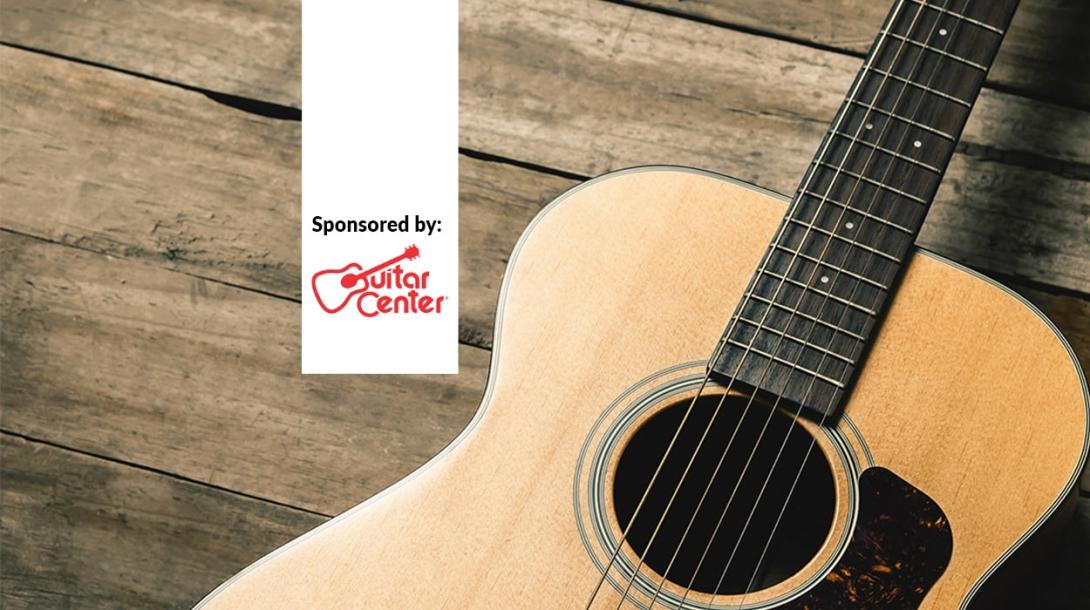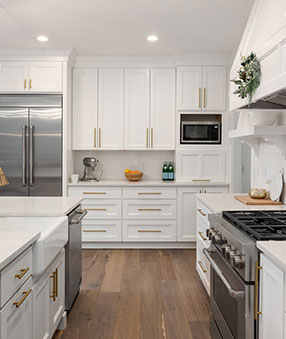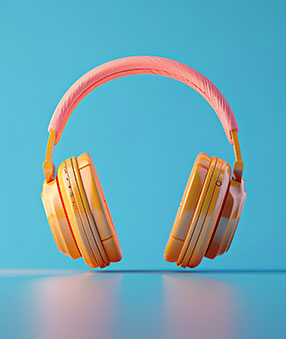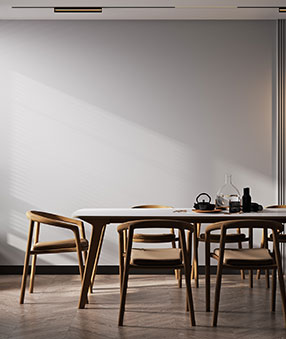
This Post is Sponsored by Guitar Center
People of all ages love playing the guitar. It's a fun hobby, a great skill to have, and, with a little dedication, something anyone can pick up. For first-timers, there's usually a moment of inspiration that kicks off our desire to play. Maybe we fall in love with a song we hear or see our favorite musician at a live event. It could even be as simple as seeing a guitar in the shop window and thinking, “I could play that." Whatever your moment is, choosing the right guitar is crucial for beginners and early learning.
While buying your first guitar can be an overwhelming experience, there are a few things to keep in mind that can help with your first purchase. Here's a list of five things every new guitarist should know before investing in their new hobby.
What's Your Style?
Guitars generally aren't a one-type-fits-all instrument. Knowing which type of music you want to play can help narrow down your choice. While many people start learning on acoustic guitars, if you prefer the face-melting guitar solos of yesteryear, electric guitars might be more to your liking. Beyond those two, there's also a third option, the classical guitar. These are great for (yep) classical music, as well as many Latin musical styles.
An easy way to think of which guitar is best for you is this: Choose electric if you want to learn pop, rock, punk or music generally considered “heavier." If you like the lighter side of rock, country or even folk music, acoustic will be your best bet. Looking to tango? Try a classical guitar. The great thing about guitars is that the skills you learn on one type can be used on another. There'll definitely be a bit of a learning curve as each style has different shaped necks and bodies, but you're never locked into one type or the other.
Buy What You Need, Skip What You Don't
Quick tip here: Buy the essentials. This includes picks, extra strings, neck strap, tuner, music stand and other things your guitar shop can also help you with. Avoid the big extras until you're more confident in your abilities and able to play at higher skill levels.
Even then, there are some things you might never need. Don't overwhelm yourself with all the accessories and cool pedals at the start. As you find your groove and settle into your style, you'll be better equipped to know what you do and don't need to continue your hobby.
Find an Instructor
You might think all you need to get started is your guitar and sheer determination to learn. While this is an excellent start, sometimes it's not quite enough. In fact, this is a common misconception and a big reason why so many early learners get discouraged during those important first few months.
In addition to your new guitar and music, you'll likely need an instructor. Being self-taught is awesome and an incredible accomplishment if you pull it off. But it's not easy. Instead, might we suggest learning from the pros at Guitar Center? They offer an easy lessons program to provide you with a practice style that suits you best. Simply visit their website, pick your plan, get connected with your new guitar expert and start learning. Instructors are available for in-person or online sessions. Learn more at www.guitarcenter.com/Services/Lessons.
Relax!
But seriously, relax. Those cramps in your hand you're getting? Stop choking your guitar. That's called the “Death Grip," and a lot of beginners struggle with it. Clenching your hand around the neck of your guitar hurts, and it's exhausting. Not only will you be unable to play for long stretches, the Death Grip also interferes with the purity of your chords. Essentially, you kill your hand, and your music doesn't sound as good.
Another great tip for relaxing is to adjust your position often. Your body often gets pushed to the back of your mind while you focus on your hands and fingers. You'll start to notice your neck, shoulders and back aching before too long. Loosen up! Try practicing on your feet and while sitting down. When you're feeling at ease, you'll be able to practice longer and play more.
Dedication Pays Off
Accomplishment always seems to hide behind a huge wall of frustration. This is the point where people push through or give up. As a beginner, these walls of frustration will come fast and frequently. This is completely normal for any new skill or hobby, and your determination to nail that solo or perfect your fingering will always, always be worth it.
Maintaining a steady schedule of practice, one that you can confidently stick to, will go a long way to helping you hit your guitar goals. Everyone gets frustrated. How well we channel that frustration helps define our progress.
Get the Best Start with Guitar Center
Ready to dive into your new hobby? Guitar Center has everything you need to get started. Whether you're new to guitars or are a well-seasoned pro, the experts at Guitar Center know how to help improve your experience. With a wide selection of acoustic, electric, and classical guitars from some of the best brands available, finding your perfect guitar is as simple as visiting GuitarCenter.com.









